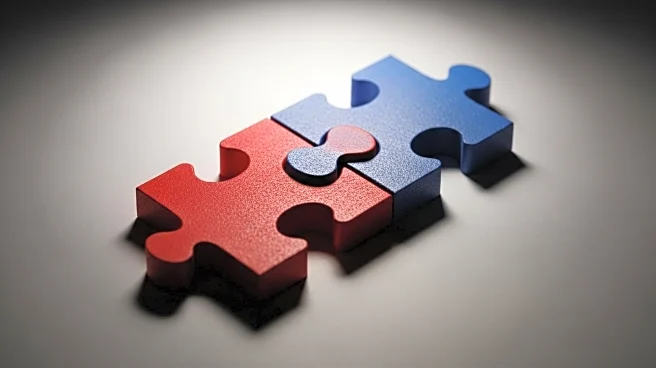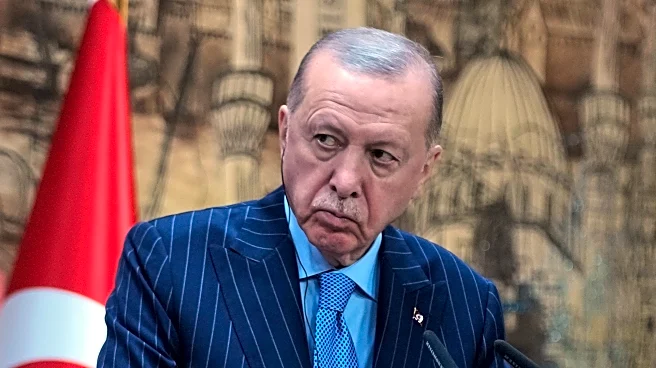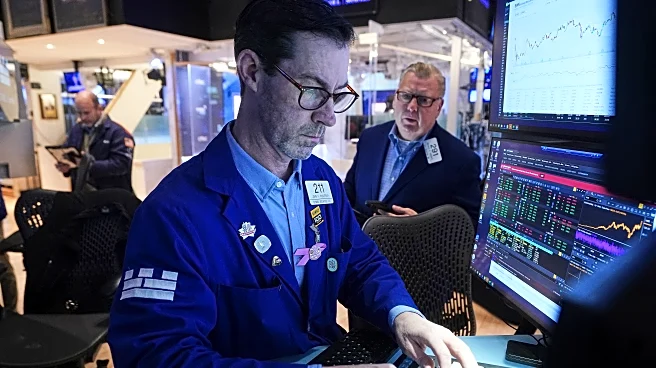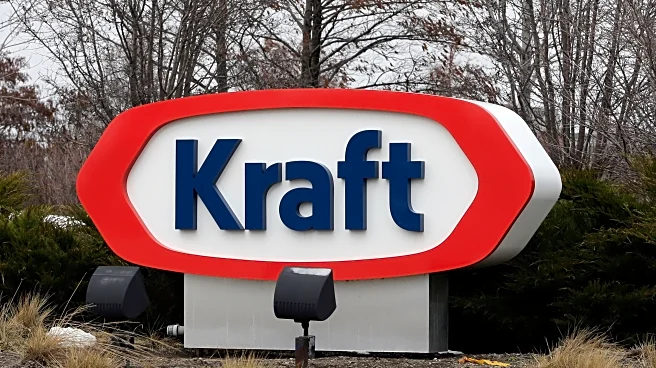What's Happening?
NPR's Don Gonyea, a national political correspondent, shares insights into his approach to engaging with voters across the political spectrum during a time of significant polarization in the United States. Gonyea emphasizes the importance of listening and building trust with individuals to gather diverse perspectives. He recounts experiences from political rallies and everyday interactions, highlighting the challenges posed by increasing distrust in media and the prevalence of rehearsed talking points among interviewees. Gonyea's method involves casual conversations that often lead to deeper insights into voters' lives and political beliefs, which he uses to enrich his reporting.
Why It's Important?
The erosion of trust in journalism and the media is a critical issue affecting public discourse and democratic processes in the U.S. Gonyea's experiences underscore the difficulties journalists face in obtaining genuine, unrehearsed opinions from the public. This situation reflects broader societal challenges, including media skepticism and the influence of social media and partisan news outlets on public opinion. Understanding these dynamics is crucial for media professionals aiming to provide balanced and accurate reporting, and for the public to critically assess the information they receive.
What's Next?
As political polarization continues, journalists like Gonyea may need to adapt their strategies to engage with a skeptical audience effectively. This could involve developing new methods to build trust and encourage open dialogue, potentially influencing how media organizations train reporters and approach coverage of politically sensitive topics. The ongoing challenge will be to bridge divides and foster understanding among diverse groups, which is essential for informed public debate and decision-making.
Beyond the Headlines
The increasing difficulty in engaging with voters highlights ethical considerations for journalists, such as the need to balance objectivity with empathy and understanding. It also raises questions about the role of media in shaping political narratives and the responsibility of journalists to counter misinformation and bias. Long-term, these challenges may lead to shifts in journalistic practices and the development of new standards for media engagement with the public.










